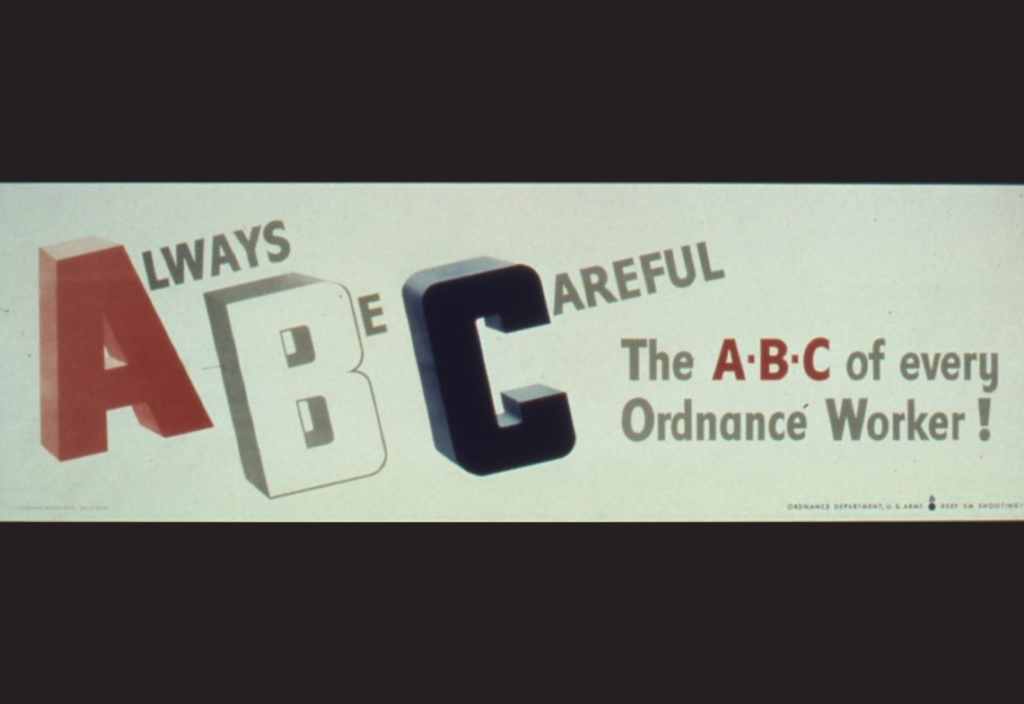The “Rush it Through” Attitude in Chinese Manufacturing
A recent newsworthy incident in China where construction workers damaged a section of the Great Wall by cutting through it in order to save time highlights the “get it done quickly” attitude that permeates Chinese manufacturing. See China’s Great Wall damaged by workers looking for shortcut.
This sort of get it done quickly at any cost mentality is so common with China that when I mentioned this Great Wall incident to a couple of my clients that manufacture in China, one said, “this is the story of my life with China,” and the other said, “no surprise.”
When ABC Company contracted with a Chinese manufacturer to produce plastic cases for its electronic product, its Chinese factory promised low costs and speedy delivery. But the first shipment was a nightmare – thousands of cases arrived badly scratched, with edges that didn’t align properly. Some of the cases were even cracked completely through. ABC Company scrambled to find another supplier, but the process set their product launch back by months.What went wrong in this composite example?
In China, there is a cultural concept called “chabuduo”, meaning “close enough” or “good enough.” It’s prioritizing doing things quickly over doing them correctly. Though “chabuduo” in manufacturing was more common fifteen years ago than three years ago, rising tensions between China and much of the rest of the world and China’s declining economy have led to a recent resurgence in Chinese manufacturers sloughing off on quality.
Though the chabuduo mindset has contributed to China’s rapid economic growth, it poses challenges for foreign companies that source their products from China.
Just to be clear, quality control is a problem in virtually all manufacturing countries, but it is a bigger problem in China than anywhere else. Many years ago, a higher up in the United States’ Consumer Protection Agency told me that China is six times more likely to ship bad product on a per unit basis than any other country.
Understanding “Chabuduo” – Good Enough or Not Quite?
If you’re a manufacturer sourcing product for sale in your home country you likely want your manufacturers to do things per your exact specifications and your high standards. However, in China, a common approach is embodied in the term “chabuduo,” which translates to “nearly” or “almost,” and for many, it means”good enough.”
We as lawyers see this “chabuduo” attitude even with the documents we send to Chinese lawyers on the other side of our transactions. Unlike what we see from lawyers nearly everywhere else, Chinese lawyers frequently send us back document revisions to documents in formats that make no sense or are nearly unreadable and just expect us to spend hours cleaning up their poor work. We long ago decided we would not waste our clients’ time and money on this sort of thing, and so we usually send the documents back and instruct the Chinese lawyers that they need to do better if they want us to move forward on the deal.
The Consequences of Chabuduo in Manufacturing
The quest for rapid production can lead to quality compromises, posing significant challenges for companies eyeing quality consistency. The following are just a tiny sampling of what I’ve seen happen to companies that manufacture in China:
– A clothing company received shirts from their Chinese manufacturer with uneven stitching, loose threads, and slight discoloration. This was unacceptable for their high-end image and when they told their Chinese manufacturer they could not sell the shirts provided, the Chinese company insisted they reduce the price and sell them anyway. Our client moved its manufacturing to Pakistan, where things were and still are immediately better.
– An electronics company discovered that 30% of the electronic devices delivered by their Chinese supplier had obvious defects, such as cracked screens or scratched casings. They hired a quality control company going forward and charged half of that cost back to their Chinese manufacturer in reduced pricing.
– A candy company was getting complaints that batches of its candy had a medicinal taste. Testing revealed an issue with improper sanitization at the factory. The candy company worked extensively with the Chinese company until it got it right. Side note: I’ve seen enough of this sort of thing that I always make a concerted effort never to buy food or medicine I think may have been made in China.
– A company that made licensed collegiate clothing twice got large shipments from its manufacturer that were the wrong color. Both times its manufacturer’s explanation was that it had confused two schools with similar sounding names. Twice.
Again, I realize these things happen in other countries, but the likelihood with China is greater, and foreign companies need to understand their China quality control risks if sourcing products from China. China’s “chabuduo” ethos presents quality control challenges for international businesses, and if left unchecked can lead to quality problems that can tarnish a company’s brand image and compromise consumer trust.
Proactive measures, such as due diligence on your product suppliers, good insurance coverage, detailed written product specification sheets, component testing and quality inspections, and China-specific manufacturing contracts in Chinese can help.
How does your company deal with China’s “chabuduo” ethos? What strategies do you use to harness it?

























